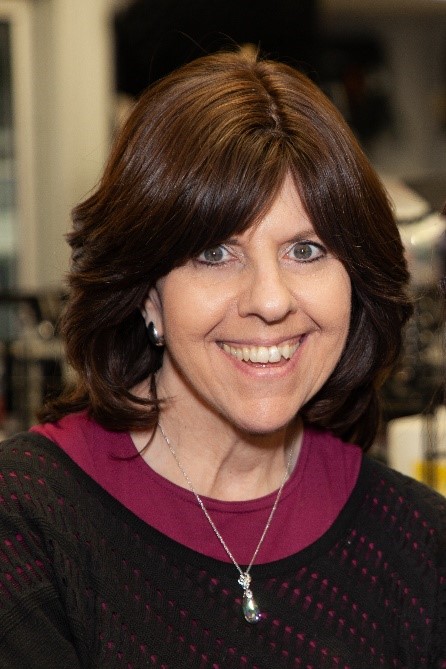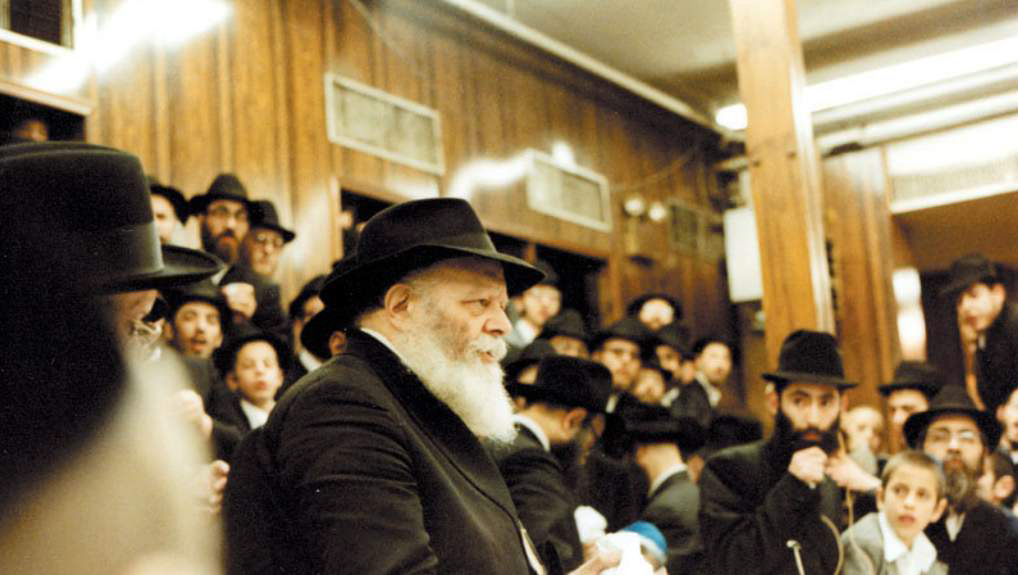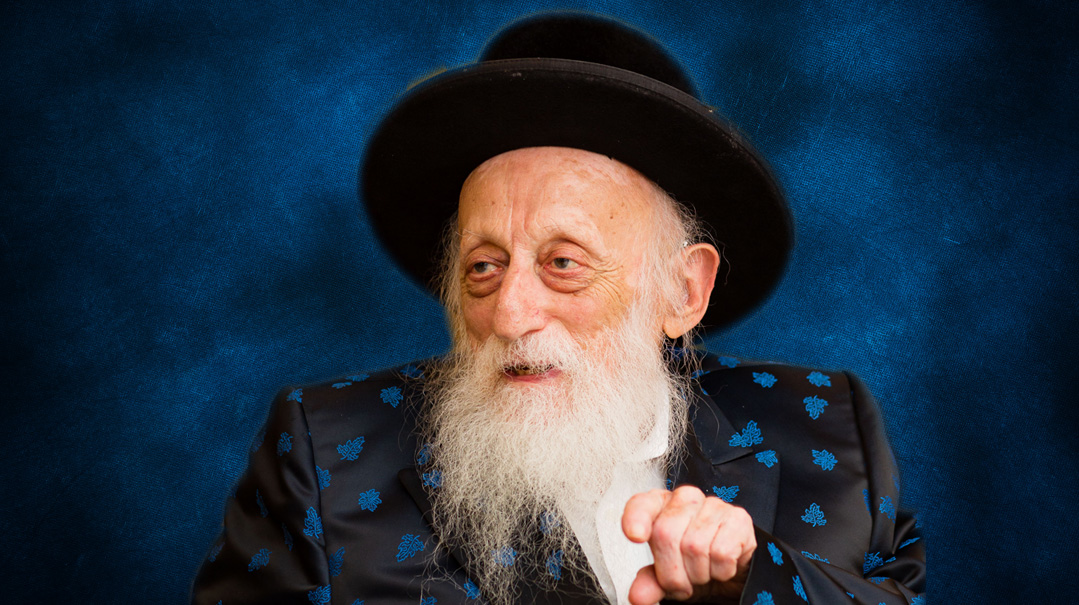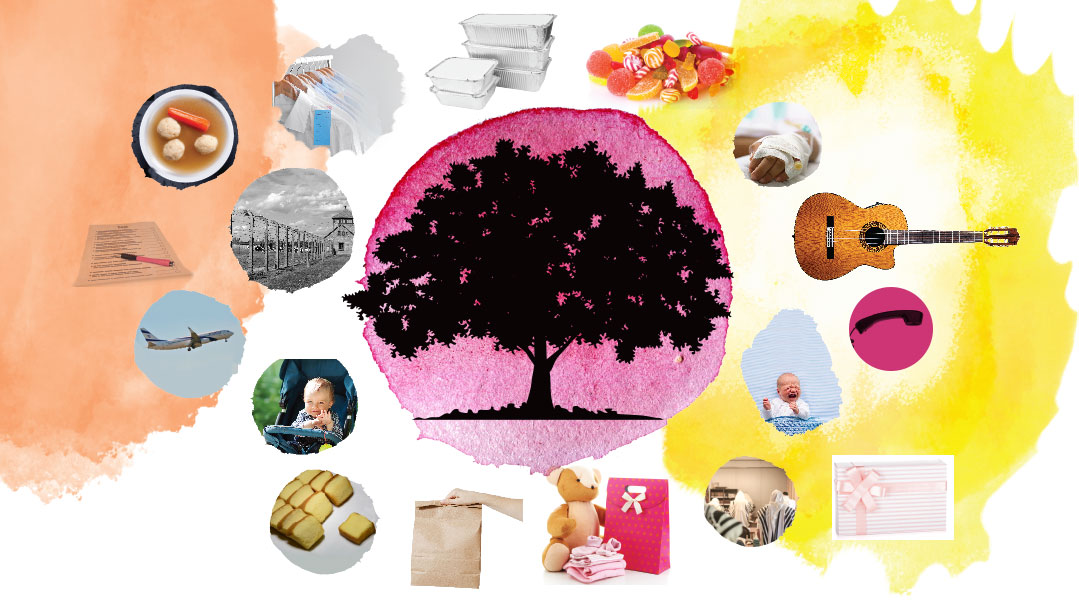More Than Just a Visit

Bikur Cholim organizations around the world are a function of unconditional chesed. But perhaps their greatest gift is the support during medical crises, when life feels overwhelming

In addition to in-hospital and take-out food services, Satmar Bikur Cholim “makes friends wherever our patients need us to make friends” (Photos: Organization archives)
Sara Stern is the director of medical and governmental affairs for Bikur Cholim d’Satmar in Brooklyn, founded in 1952.
I communicate with doctors …
with seichel. The best doctor might not have the best middos, so I’ll compliment his skill, and then ask, “If this was your family member, what would you do?”
Also, be persistent! Once, a woman who had a heart procedure over Chanukah didn’t feel well. When the physician finally called back, he said I’d bothered him when he was with family. I said, “I’m sorry, but maybe you should have chosen a profession like computers. Patients will bother you if they have problems, computers won’t.”
I made sure to have donuts for him when he arrived, and I apologized and asked him not to take out what I said on the patient. You have to be courteous — I learned this from the Satmar Rebbetzin a”h, who started our organization. She never went to any doctor without cheese Danishes, cheesecake, or cheese rugelach.
What patients need most is …
a case manager. Patients are tired, they’re getting fragmented care, so each family should have one person managing it all.
An unforgettable Yom Tov experience … One Yom Kippur, I was called into the hospital by the family of an ill woman. She was distressed because she couldn’t daven. Since my husband is a baal tefillah and I know the davening well, I became her baal tefillah. As I sang, I remember thinking, “Maybe this is why Hashem made my husband a baal tefillah.” I sang only the happy tunes, thinking she was sad inside, so I put a little bit of Purim in Yom Kippur to perk her up.
Our youngest and oldest patients …
From before birth until 104. Five years ago, we helped a mom who was expecting triplets. The situation looked grim, so someone sent her to a specialist in Florida — but when she arrived he wasn’t there. Turns out the doctor was out of the country for a few months. She was devastated, and we were concerned about her traveling, so we called a doctor we know in Florida. He “happened” to be in that same hospital treating a patient, so he met this woman and took care of her. Baruch Hashem, she delivered healthy triplets.
Friends in high places …
We make friends where our patients need us to make friends. Hospital administrations, government agencies, physicians, social work departments, and of course, the philanthropists who fund our services. Recently, a man had a stroke midflight. After the plane landed in LaGuardia Airport, he was transported, unconscious, to the operating room of the closest hospital. That hospital doesn’t have a bikur cholim room, and the family called us frantic, saying he needed emergency surgery for hemorrhaging in the brain.
The family really wanted to be near him, so I asked them to walk around the floor, door to door, and tell me what they see. They mentioned a conference room. I davened to Hashem to change the heart of the administration, and I called the hospital and asked that they turn the conference room into a makeshift bikur cholim room. They agreed — they brought in a couch and turned it into a VIP suite, and we gave the family a Crock-Pot and a hotplate. They had a key to this suite for a week, until the patient passed away, unfortunately.
A scene I replay years later …
We once got a call from an elderly man whose mother tongue was Yiddish. He was very upset. He said that the nurse — who was wearing a cross — wanted to convert his wife. It turns out that the wife’s case was opened under Medicare, and it needed to be “converted” from a short-term care case to a long-term care case. This couple could not get past the word “convert,” and the husband threw the nurse out. I always remember this — it reminds me how important it is to be there for immigrant patients so language barriers don’t get in the way of care!
This is why I do what I do …
We got a call from Mt. Sinai Hospital about a Jewish patient who refused to go to the Cabrini Hospice, a non-Jewish home hospice care program. They couldn’t understand why — he wasn’t religious. I went to his bedside, and he told me in Yiddish that he’s from Poland, he came from a heimish background, but after the war he couldn’t stay religious. “Now that I’m dying,” he said, “I should go home with them? I’m not going to die a goy. If I go from this velt, I want to die a Yiddishe Yid.” When he saw me, his eyes lit up — he knew I was going to help him die like his ancestors died. I promised we’d do whatever we could to help. Unfortunately, he died, but with his dignity intact, and his wishes fulfilled.
(Excerpted from Mishpacha, Issue 701)
Oops! We could not locate your form.












